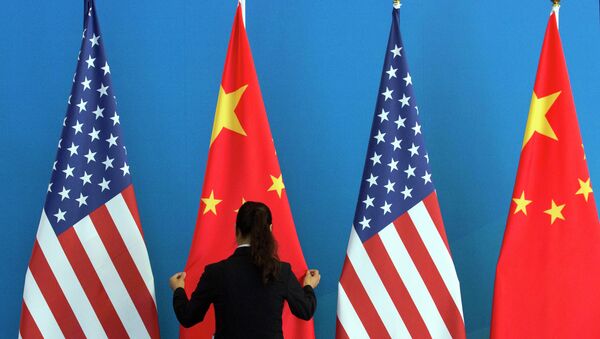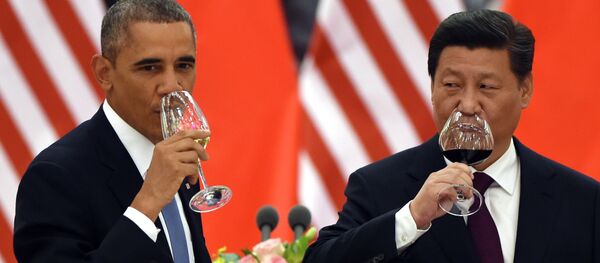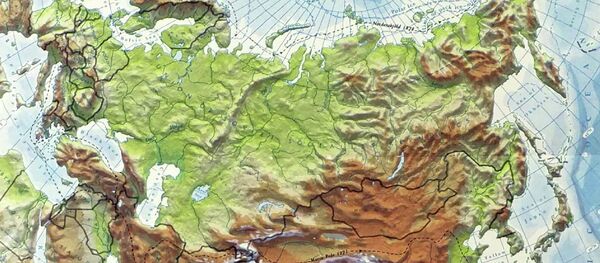With an ever evolving political situation in Asia, traditional US policy has focused on countering China with a comprehensive strategy to advance American economic, political, and military influence. Evidence of this can be seen in President Obama's moves to rebalance towards the Asia-Pacific region and his steps to engage with regional institutions, upgrade treaty alliances, and strengthen security cooperation with new partners, National Interest wrote.
But the United States may be at risk at overstepping its hand.
In the South China Sea, where China is building landing stripes and harbors, a US P8-A Poseidon surveillance aircraft carrying a CNN film crew was warned by the Chinese navy. A few days after the incident, Defense Secretary Ashton Carter stated categorically at an Asian security forum that “the United States will fly, sail and operate wherever international law allows,” Marc Wall wrote for National Interest.
Then there is also the failure of the United States to ratify the Law of the Sea Convention (UNCLOS). The case Washington and others have against China's actions in the South China Sea is based on principles codified in this document. Its rules provide the legal framework for military and commercial use of the seas.
In total 157 nations have signed UNCLOS, including China but United States has conspicuously not done so. Although the US stands by its provisions and both Democratic and Republican administrations have urged US membership, Congress has refused to approve it.
Another major constraint the US military has set upon itself is the budget limitation that Washington has imposed on itself. The US Pacific Command's former Commander Adm. Samuel Locklear stated recently, “Resource pressures have triggered deferrals in exercises, operations, and senior leader engagement opportunities; have introduced regional doubt; and compound the risk to US interests in the region.”
“For Asian borrowers, the prospect of the Chinese-backed loans was irresistible. European donors, eager to compete for procurements by the new bank, jumped on the bandwagon too,” Wall noted.
Instead of aligning itself as a supportive non-member, US officials lobbied friendly European and Asian nations against it and although US’s position has since shifted to welcome the Chinese initiative to the “extent it complements other international financial institutions, but the damage has been done.”
These steps taken by Washington undermine its relations with China and alienate those who want to see Asia develop in a secure and economic order.




